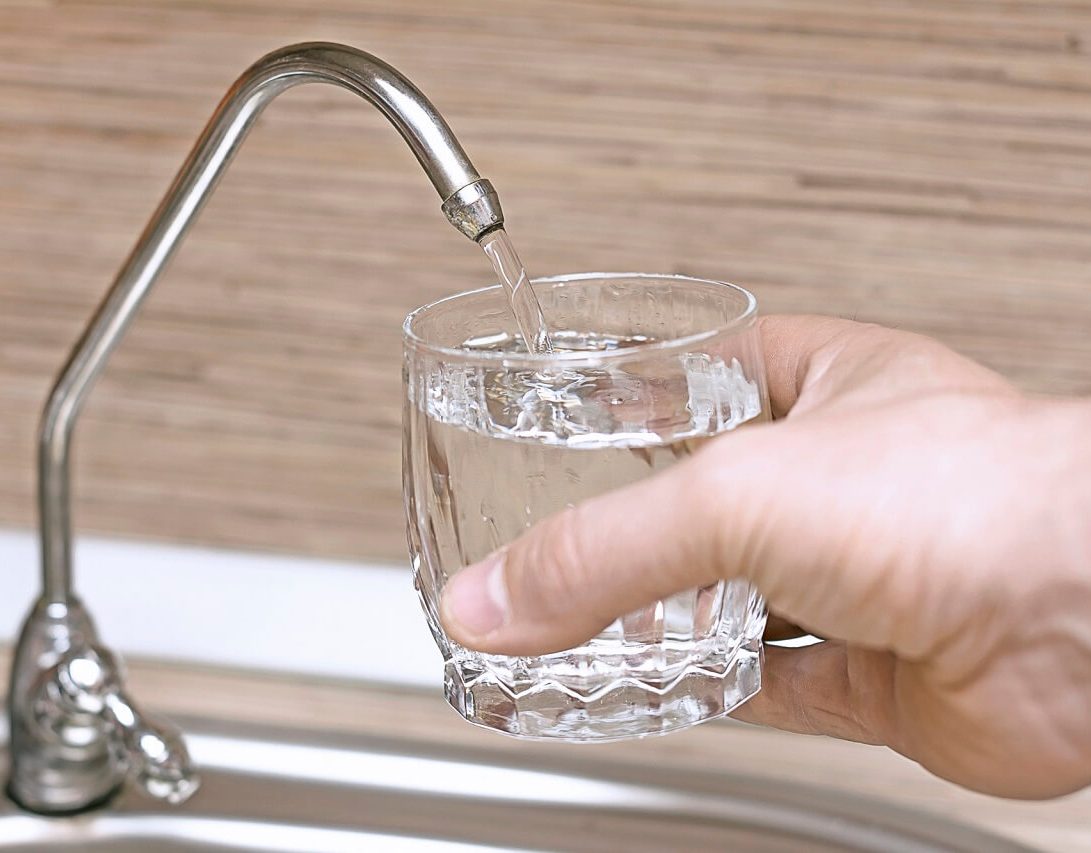Safe drinking water is essential to your health. Whether you are using the water for cooking, drinking, or bathing, water quality is important. Let’s look at a few types of water filters for your home.
Water filtering equipment removes impurities to help purify your water. Filters on the market reduce contaminants through chemical processes, biological processes, or physical barriers that block or trap contaminants.
Activated Carbon Water Filters for Your Home
A carbon filter removes inorganic contaminants from your water. The filter is made of carbon which absorbs bacteria, lead, volatile organic compounds, and microscopic cysts.
Pros
• Does not require electricity to operate
• Affordable cost
• The filters are durable and easy to replace
Cons
• Slow water filtering rate
• Can’t remove viruses
Reverse Osmosis
Reverse osmosis (RO) filters use a semi-permeable membrane to remove contaminants from the water. These filters are useful in removing toxic minerals and heavy metals. Microorganisms and cysts can also be removed through this process, with an efficiency rate of 99%.
Water is filtered and then stored for later consumption.
Pros
• Reliable filtration for impurities
• Has a long lifespan of about three years
• Removes mercury, cysts, and lead
Cons
• Doesn’t remove chlorine or VOCs
• The filtration speed is slow
• Costly to install
Water Distillers
Distillation produces safe drinking water by boiling, evaporating, and condensing water to form purified water. This method can remove carbon-based and inert chemicals and heavy metals.
Water distillers purify water naturally and are among the best filters on the market.
Pros
• Able to remove most of the contaminants found in water
• Doesn’t need replacement parts
Cons
• The process is slow
• A distillation system will need maintenance
• Can be expensive to install
Water Filters for Your Home Might Include UV Treatment
An ultraviolet (UV) lamp is used to kill organisms that can cause disease. Water passes through the UV section of the filter and the light eradicates microbial organisms. This process will also kill viruses and protozoa, cysts, and Giardia.
Pros
• UV light eradicates 99.99% of harmful microbes in water
• Simple to maintain
• Environmentally friendly, requiring no chemicals
Cons
• Relies on electricity
• Best used in conjunction with other filtering systems
Before shopping for a filter, request a water quality report, or have your water tested. Once you know the types of impurities found in your home’s water, you’ll have the information you need to choose the right filter.
Spot On Inspection offers home inspections to Houston and the surrounding areas. Contact us to book our services.

